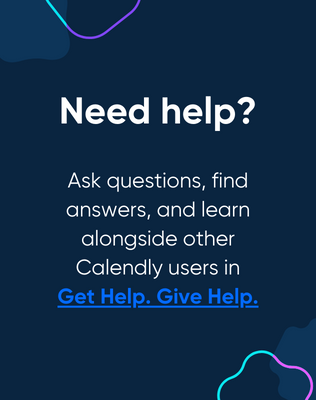Over the last few months I’ve had the same person (a local stranger) book 10 different in-person appointments in my calendar and he hasn’t shown up to any of them. From his answers to the questions he needs to complete the booking, I believe he is a real person, not a scammer or a bot, however I’m wasting mine and my staff’s time with him not showing up and he doesn’t reply to our emails. I also have automated reminders set for 24 and 12 hours before.
How can I automatically reject or block his email address when he tries to sign up for further appointments? Or can I block keywords from being able to submit the form, that would work too.
Unfortunately I need to keep it as a free booking event because it’s lead-based.



